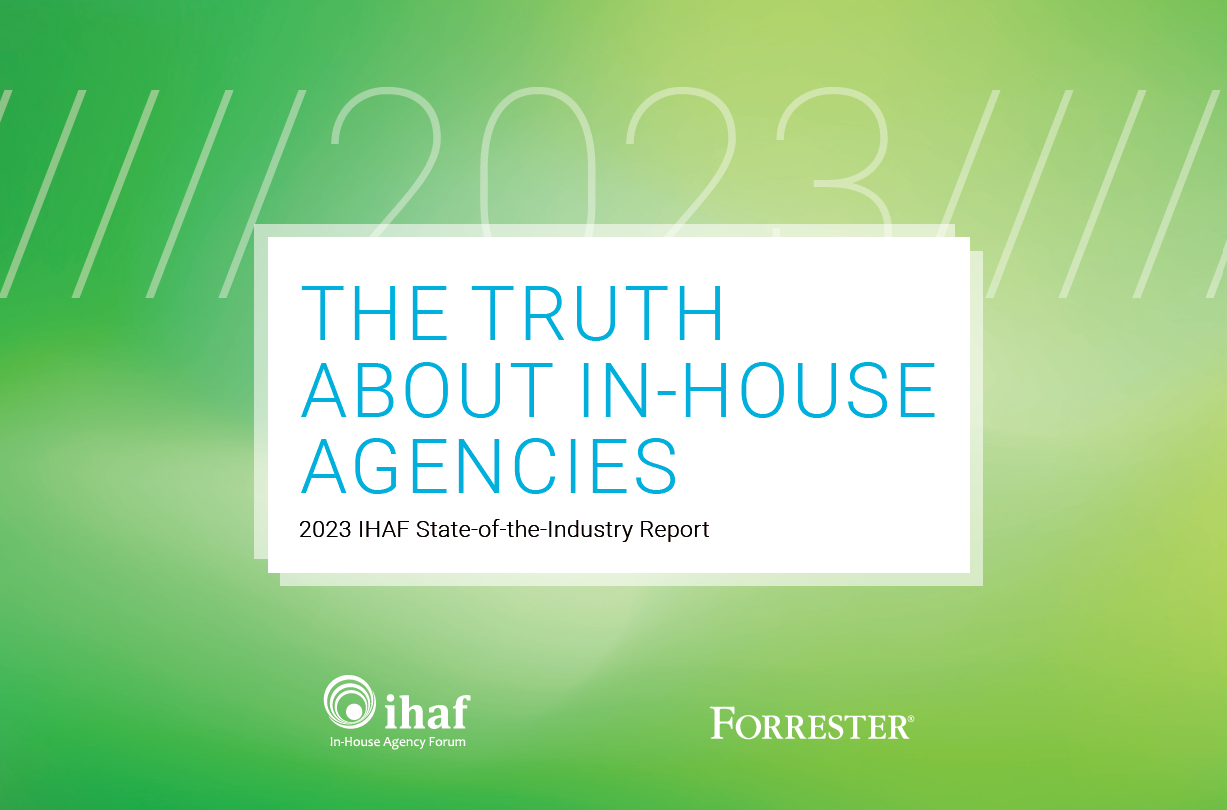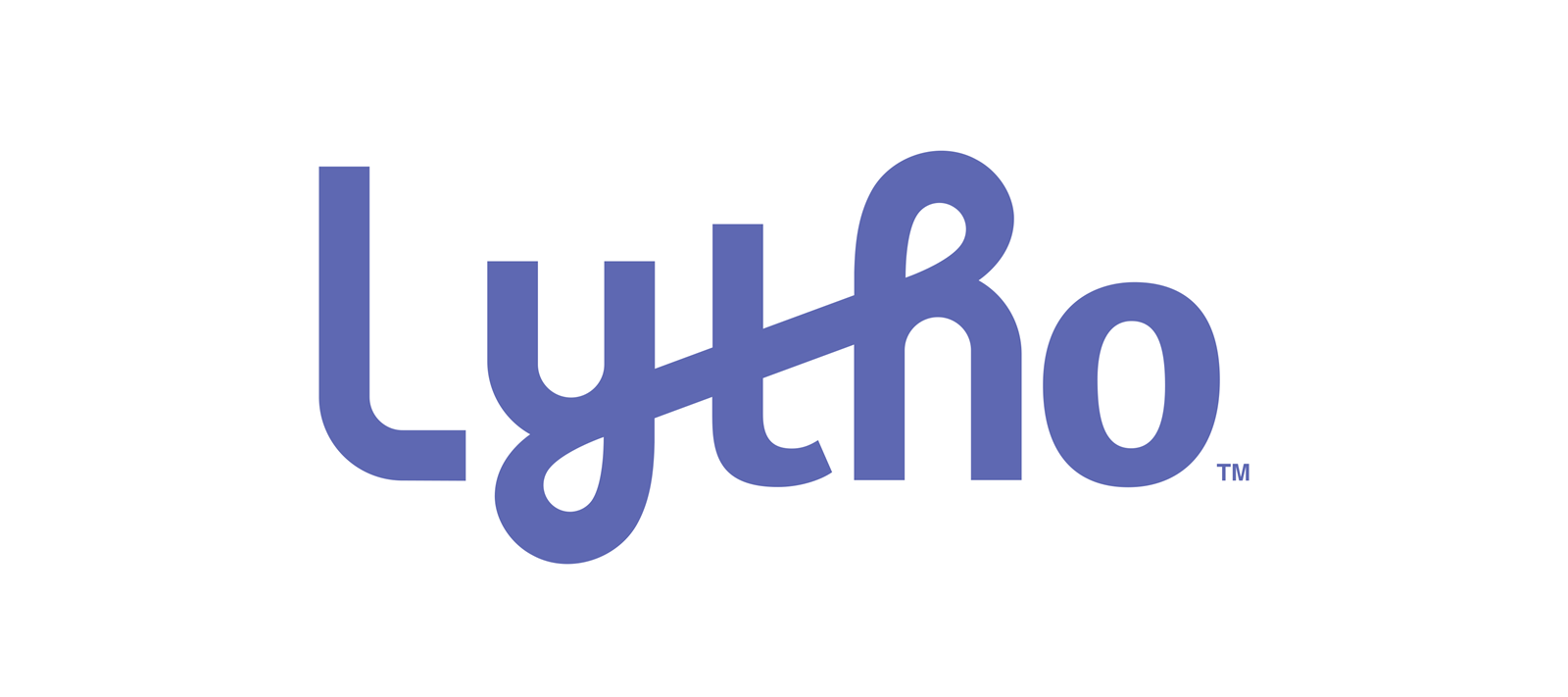Partnership Principles

Partner has become quite a buzz word in the ad business. The big news last week was that Twitter added CBS and the NFL to its “stable of advertising partners.” The 10th annual Advertising Week conference also took place last week in NYC, with a featured session on client/agency creative partners. Even Kris Jenner is getting into the act trying to persuade leading brands to partner with the Kardashians.
As for the in-house community, we certainly use the word a lot. Companies to whom we outsource things like printing and production used to be vendors—now we call them partners. Internal customers whose businesses we support used to be clients; we call them partners now too. My question is, do the relationships we have with those we label partners truly result in partnership?
- Partnership happens between people. Without knocking Twitter, partnership is something that takes place between people, not corporations. Sure one company can strike an agreement with another to join forces and advance a common goal, but that doesn’t equate to partnership. The human relationship is foundational to partnership—true partners are as invested in each other personally as they are in the union they have formed.
- Partnership depends on mutuality. Partnership isn’t about meeting the needs of one party over another; it’s about coming together to enable mutually beneficial outcomes. Each partner is clear on what the other has to gain (or lose) as a result of the relationship. And a mutuality of intention, commitment, respect and trust enables both partners to make decisions based on a clear understanding of what is important to the other, and why.
- Partnership is about contributing 90%. Sounds odd, right—especially since true partnership is about giving 100%, one-hundred percent of the time. The point is that most of us enter into these things with a focus on what we’re getting, not what we’re giving. If we held ourselves accountable for contributing the majority share of what’s needed to make the relationship successful and we expected very little in return, there would be a lot fewer failed partnerships.
- Partnership is a marathon, not a sprint. Like most meaningful relationships, partnership takes time to grow. So if you’re expecting an instant ROI, you could be disappointed. That’s not to say that new partnerships are void of near-term results—teaming up can sometimes propel you to the next level instantly. What’s important to note is that true partnership is about being in it for the long haul, not the quick hit.
- Partnership can be hard. Human relationships can be challenging, so it stands to reason that partnership can be too. Disparate ideas, divergent opinions, difficult conversations—when differences arise, the prospect of working alone can become pretty darn appealing. That’s why open dialog and ongoing communication are vital to the health and sustainability of any partnership, enabling you to more easily work through the challenges that do occur.
This month at IHAF, we’re focusing on Partnership—and we hope the conversation happens in partnership with you! Join us by sharing your comments below, chiming in on Twitter(@IHAForum), or becoming part of our membership. For more information about IHAF, go tohttps://www.ihaforum.org.
Recent Posts

In-House Data: Fact or Fiction?
October 16, 2023
I’m going to be honest with you, which I always am but this time it’s scary honesty. There are a lot of in-house agency research reports out there. And not all of them contain data that are close to the integrity of the studies IHAF publishes—the next of which drops at the IHAF conference on …

IHAF Wrapped
December 20, 2023
One of our favorite things to do at year-end is look back at the events, presentations, and online resources our members tapped most. (Why should Spotify have all the fun?) Here are a few of your favorites in 2023:
• New Assortment of Org Charts Download • Updated Job Profiles …



















%20(1).pdf%20-%20Copy.jpg)

%20(1).png)


No Reader Comments